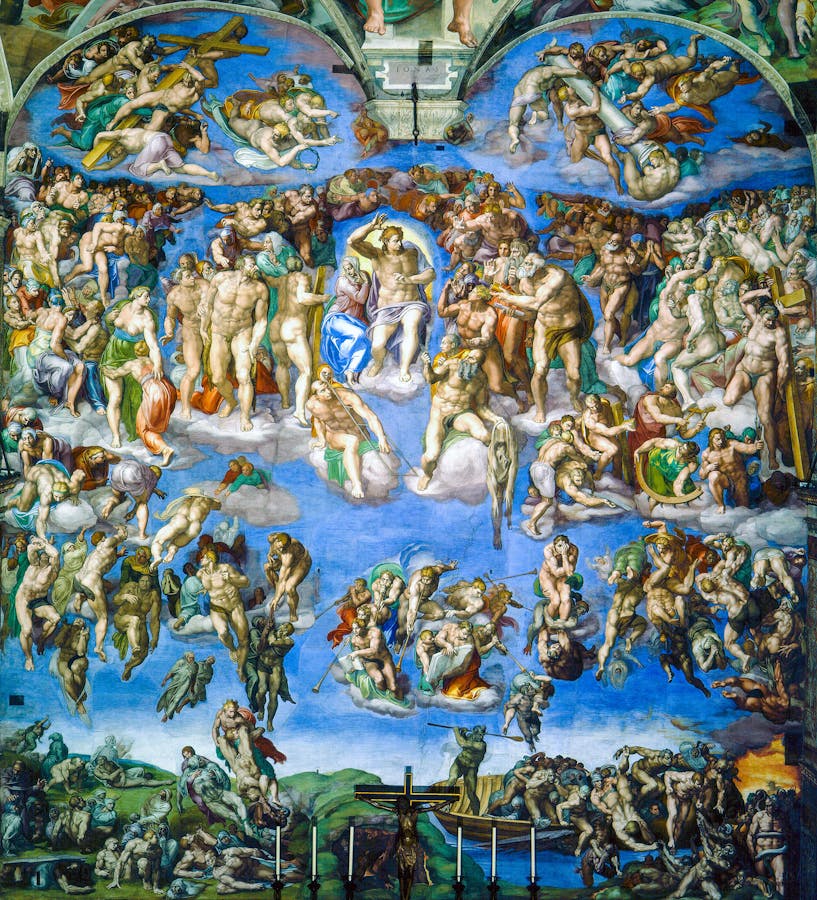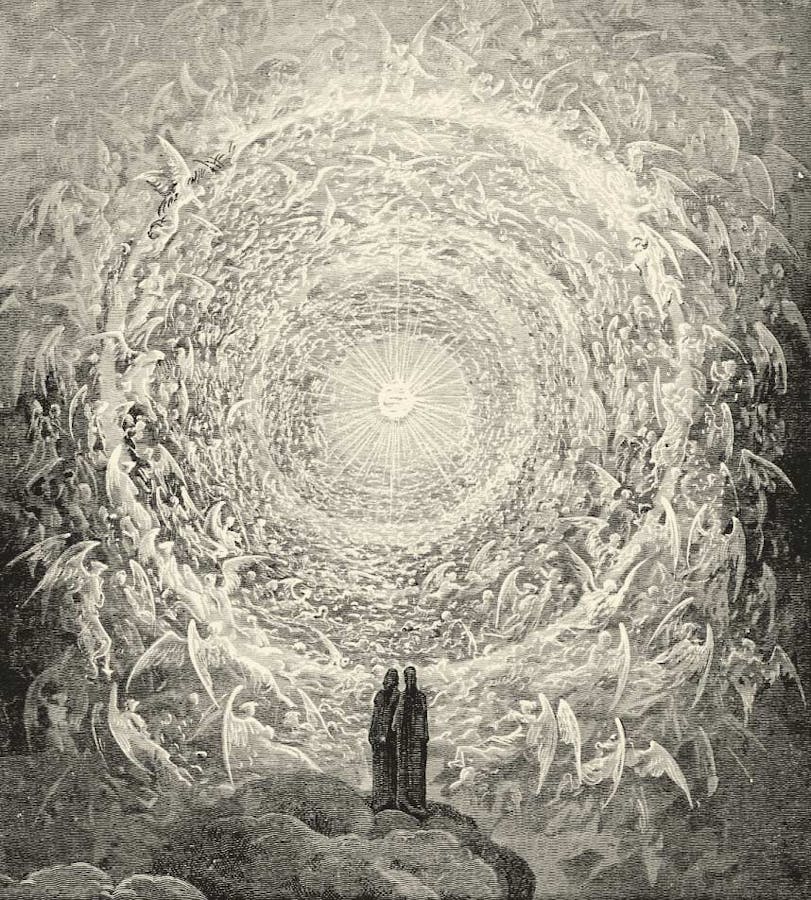What is the ultimate end of the universe?
In the far, far future, according to some modern astronomers and cosmologists, the universe will eventually expand so much it will reach maximum entropy, resulting in a “big freeze.”
The Bible also describes the end of creation. According to it, the present world will be made new. In the future, those who follow God will live in fellowship with him for eternity.
“Then I saw a new heaven and a new earth, for the first heaven and the first earth had passed away, and the sea was no more. . . . [God] will wipe away every tear from their eyes, and death shall be no more.”
Revelation 21:1, 4
This biblical vision of God’s future paradise has inspired writers, composers, and artists to imagine what this place might be like.
From Dante’s medieval work Paradiso to John Newton’s classic “Amazing Grace,” the resulting literature, music, and art have become some of the most beloved works of the past several centuries.
“For God so loved the world, that he gave his only Son, that whoever believes in him should not perish but have eternal life.”
John 3:16











